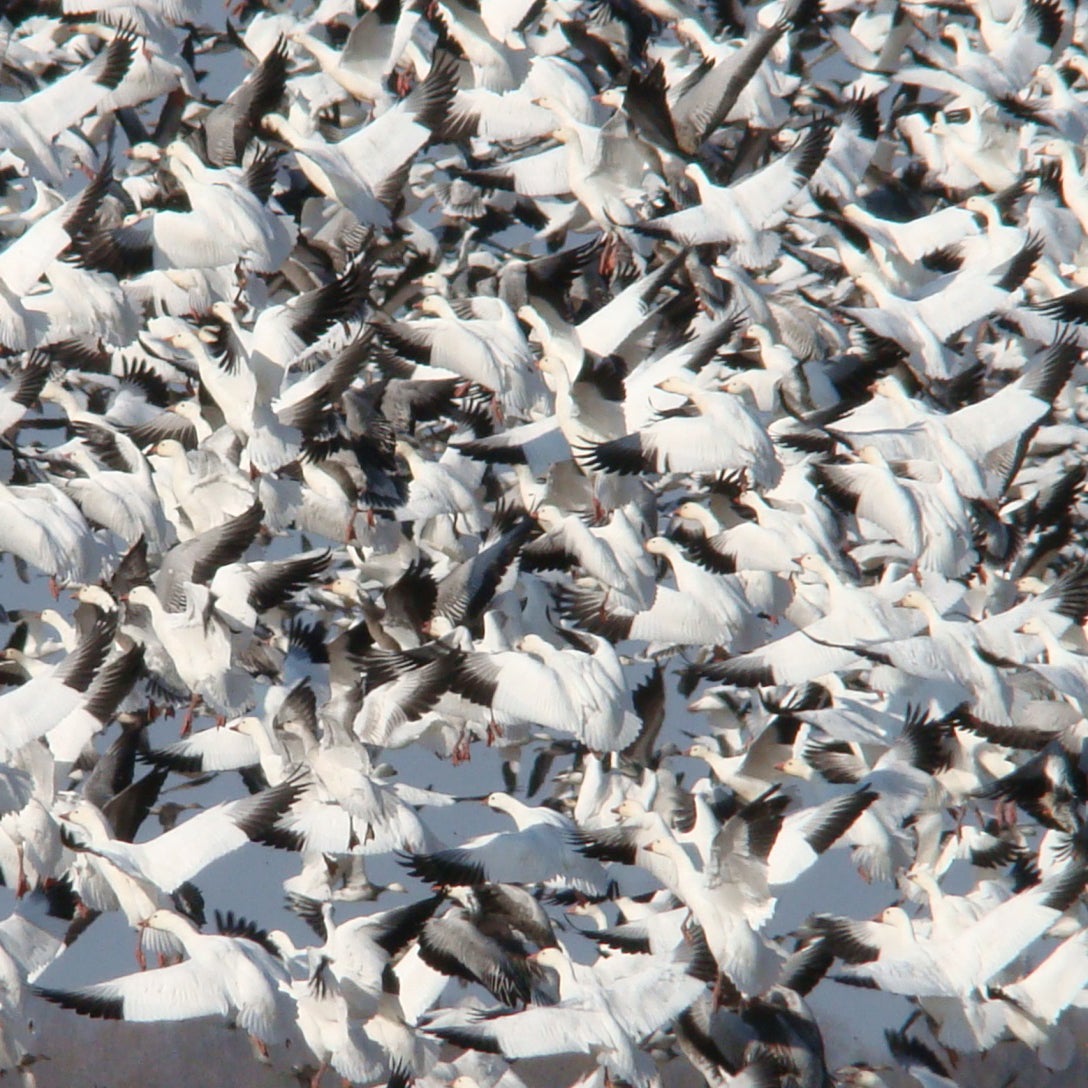It appears that the Department of the Interior is using the coronavirus crisis to push through controversial policy changes that are environmentally harmful, benefit the oil and gas industries at a significant cost to the American public, suppress both science and the public’s voice, or compromise the safety of DOI employees.
To recap, Interior Secretary David Bernhardt is a former lobbyist for the oil, gas, and agriculture industries who has continued to work in benefit of his former clients in his current role. In the run up to the November elections, he’s been speeding up his pro-industry, anti-public-lands, anti-environment agenda. Because Congress within 60 legislative working days of its finalization, and because it’s looking increasingly likely that Democrats could win the election, Bernhardt’s deadline to achieve his goals is rapidly approaching. And now, while the coronavirus consumes all attention,��Bernhardt is pushing to advance some of his most harmful work.��
“The administration understands the electoral map has turned against it,” Richard L. Revesz, a professor of environmental law at New York University, told .��
Here are six egregious policies that DOI is trying to sneak through as we speak.��
Selling Oil and Gas Leases at Fire Sale Prices
Earlier this month, Russia and Saudi Arabia began a fierce war over oil prices just as coronavirus panic hit the United States, cratering the stock market and crashing the price of a barrel of crude to levels not seen in over a decade. And those prices determine lease rates.
Areas of the continental shelf used for drilling and much of our nation’s public lands are owned by the American public and managed on our behalf by DOI (National Forests are managed by the Department of Agriculture). Money derived from oil and gas leases written by DOI funds a variety of federal programs, including the Land and Water Conservation Fund.
And yet, at a time when federal spending is expected to balloon to unprecedented levels, DOI has been using those rock-bottom oil prices to write oil and gas leases at, you guessed it, , minimizing revenue. A lease sale for 397,285 acres of the Gulf of Mexico last week raised just . That’s .
In southern Utah, 150,000 acres are expected to fetch similarly low rates. Drilling in those areas was already controversial due to the risk of pollution; drilling in those areas at minimal financial benefit to the public is drawing the ire of conservation groups.��
“The Trump administration is allowing speculators to lease public land for pennies,” Randi Spivak, Public Lands Program Director for The Center for Biological Diversity, .��
Putting Someone with a History of Opposing Worker Safety Measures in Charge of Worker Safety
In response to the threat COVID-19 poses to DOI’s 70,000 employees, Secretary Bernhardt told the Senate he planned to employ , and that he’d appointed Deputy Secretary Katherine MacGregor to update and implement it.��
MacGregor is also a former lobbyist for the oil and gas industries and has been implicated in several efforts to undermine safety both for workers and the public. She’s been tied to efforts to bypass safety concerns to , of the health effects of strip mining on miners, and intended to protect workers on off-shore oil rigs.��
DOI’s reluctance to prioritize the safety of its employees can already be seen in National Parks. Bernhardt’s order last week to eliminate entrance fees at National Parks was made with no evident plan to protect park employees from the virus.��
Shutting Down Advisory Committees
Meanwhile, Bernhardt has cited COVID-19 as the reason to (RAC) indefinitely.��Made up of members of the public, stakeholders, and subject matter experts, RACs are a valuable tool that informs policymaking at BLM.��
“Advisory committees are invaluable to the BLM because consensus-driven recommendations often lead to sustainable outcomes that benefit natural resources and often enjoy a high level of public support,” .��
The Union of Concerned Scientists that these meetings could easily have been made virtual.��
Gutting the National Environmental Policy Act
Bernhardt has engaged in (NEPA). One of our nation’s bedrock environmental laws, NEPA mandates inclusion of the public’s voice and environmental reviews in government decision making.
The public comment period for that would allow some projects to proceed without review, and that would remove the assessment of the impacts on climate change of a proposed project entirely, ended on March 10. It’s expected that the final rule will be written in the coming weeks and implemented before June. This would be capturing headlines during normal times. Right now, it barely registers.��
Killing Migratory Birds
Despite ,�� the public comment period on that will permit the oil, gas, and construction industries to “incidentally” kill migratory birds without penalty. The rule is a violation of the Migratory Birds Treaty Act of 1918, another bedrock conservation law, and one of crowning achievement of the hunting world’s efforts to protect North American wildlife. It puts at risk a 100-year-old agreement in North America that protects waterfowl.��
Despite refusing to extend that comment period, DOI has to court deadlines in its legal fight over the policy.��
Privatizing National Park Campgrounds
Since late last year, the Interior Department has been pushing to implement . Critics fear that could raise fees, and that so-called “modern” amenities like food trucks and Wi-Fi could spoil the camping experience. Perhaps most troubling is that the plan includes recommendations for , in order to speed implementation within the remaining months of the Trump administration, should the election go against Republicans.��
On March 13, Secretary Bernhardt revived this plan, sending a letter to the White House,�� like campgrounds within national parks. Last year’s effort was derailed by public backlash. Is the public paying enough attention to push back against the plan right now?


